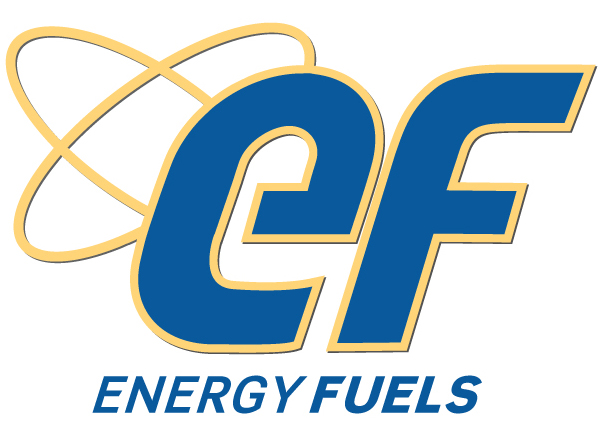Since President Trump started imposing tariffs on a variety of imports, other countries have reciprocated with tariffs on U.S. goods. Now the question has been raised of whether or not the U.S. needs to put tariffs on imported uranium destined to fuel U.S. commercial nuclear power reactors in the name of national security.
The U.S. Department of Commerce announced on Wednesday that it will investigate whether uranium imports are a threat to national security. U.S. mining companies Energy Fuels Inc. and Ur-Energy Inc. requested the investigation last January. These two companies are suggesting that it would be prudent for the U.S. to require that at least twenty-five percent of the domestic uranium market should be reserved for domestic producers. Currently, domestic companies only account for less than five percent of U.S. uranium consumption. It is estimated that it would take about three years for domestic uranium miners to increase their production to meet that twenty-five percent target.
The possibility of a trade war affecting the U.S. uranium market follows President Trump’s order last month to his Energy Secretary to provide funding to extend the life of uneconomical coal and nuclear power plants. These fossil and nuclear plants are suffering from the competition with cheap natural gas and renewable sources with steadily dropping costs. If tariffs are attached to imported uranium, then these nuclear power reactor operators will have even more difficulty competing in the U.S. energy market.
The director for fuel cycle programs at the Nuclear Energy Institute in Washington said, “The administration is searching for ways to help nuclear power plants that are financially struggling right now. We wouldn’t want to see counterproductive action to their stated goal of saving nuclear power.”
Uranium prices have fallen since the nuclear disaster at Fukushima, Japan in March of 2011. Japan shut down all of their reactors following the disaster and is only now beginning to turn some of the back on. Germany decided that it would abandon nuclear power and began closing nuclear power plants. In addition to the loss of these customers, there is also a global oversupply of uranium that caused Kazakhstan, the biggest uranium supplier in the world, to cut back production last year. Cameco Corporation, a Canadian company, is the biggest supplier of uranium in North America. Last November they also cut production.
Commercial nuclear power reactors supply about twenty percent of the electricity in the U.S. Uranium to fuel the reactors accounts for about twenty percent of the cost of operation. Most U.S. utilities that operate nuclear power plants have contracts for uranium fuel through 2021. It is not clear what effect new tariffs would have on these existing contracts.
A utility analyst at Bloomberg Intelligence said, “Clearly the purpose of a tariff is to raise the price. Ultimately, in most states, it would end up being borne by the end consumer.”
There have been reports that the price of uranium will inevitably rise as the prime deposits are depleted and more costly deposits will have to be mined. On the other hand, there is a new process for extracting uranium from sea water that the developers claim will soon be competitive with the cost of uranium mined and extracted from land-based sources. There are many uncertainties ahead for the uranium market.
